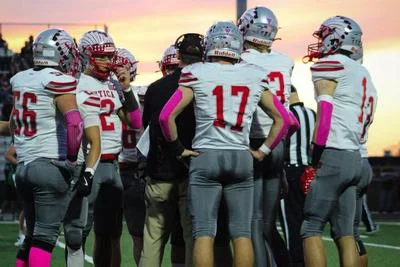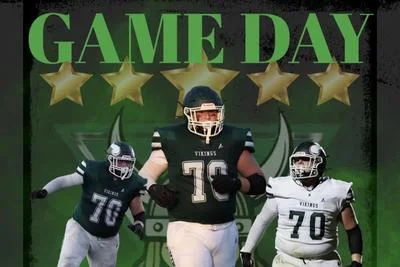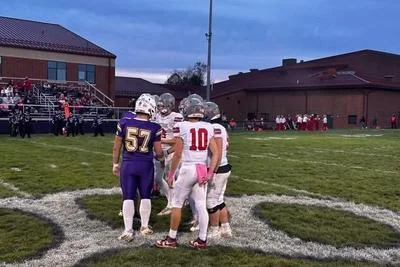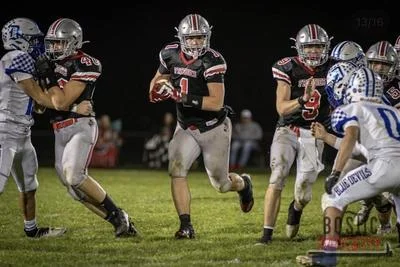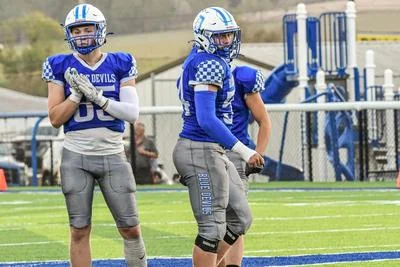Mimicking Major League Baseball's PitchCom devices used by catchers and pitchers, the use of a one-way communication device between a coach in the dugout and a team’s catcher for the purposes of calling pitches will be permitted in high school baseball beginning in 2024.
This change to Rules 1-6-2 and 3-2-5 was one of five rule revisions approved by the National Federation of State High School Associations (NFHS) Baseball Rules Committee at its June 4-6 meeting in Indianapolis. The recommendations were subsequently approved by the NFHS Board of Directors.
The new rules prohibit coaches from communicating with any other player besides the catcher on defense and with any player while batting. The coach must also be in the dugout when using the communication device.
“This change is consistent with the growth of the game and is indicative of a measured and responsible approach to enable technology into our level of competition,” said Elliot Hopkins, NFHS director of sports and educational services and liaison to the Baseball Rules Committee. “The committee has made these changes to maintain the balance between offense and defense, increase the pace of play, and will responsibly manage technology so there is no advantage gained by schools that have more available resources than some of their contemporaries. Creating a level playing field is paramount to education-based athletics.”
Game management by umpires was addressed with a change to Rule 10-2-3h. The edit removes spectators’ behavior from the umpire-in-chief’s jurisdiction when deciding to forfeit a contest. Only infractions by players, coaches or team/bench personnel are under the umpire’s jurisdiction. The committee agreed that poor behavior by spectators should be handled by game administration.
“This change is a complementary rule to support schools’ game-management role in addressing unacceptable behavior and will allow the umpire to focus on the action and players on the field,” Hopkins said.
Additionally, Rule 1-6-1 was added and designates a wristband with defensive shifts, pitching choices or game directions as non-electronic equipment and must be a single, solid color and worn on the forearm. Pitchers’ cards must not be white, gray or a distracting color and worn on their non-pitching arm.
A complete listing of the baseball rules changes will be available on the NFHS website at nfhs.org. Click on “Activities & Sports” at the top of the home page and select “Baseball.”
According to the most recent NFHS High School Athletics Participation Survey, baseball is the fourth-most popular sport for boys with 481,004 student-athletes in 15,925 high schools nationwide. The survey also indicated that 1,156 girls across the country play high school baseball.



